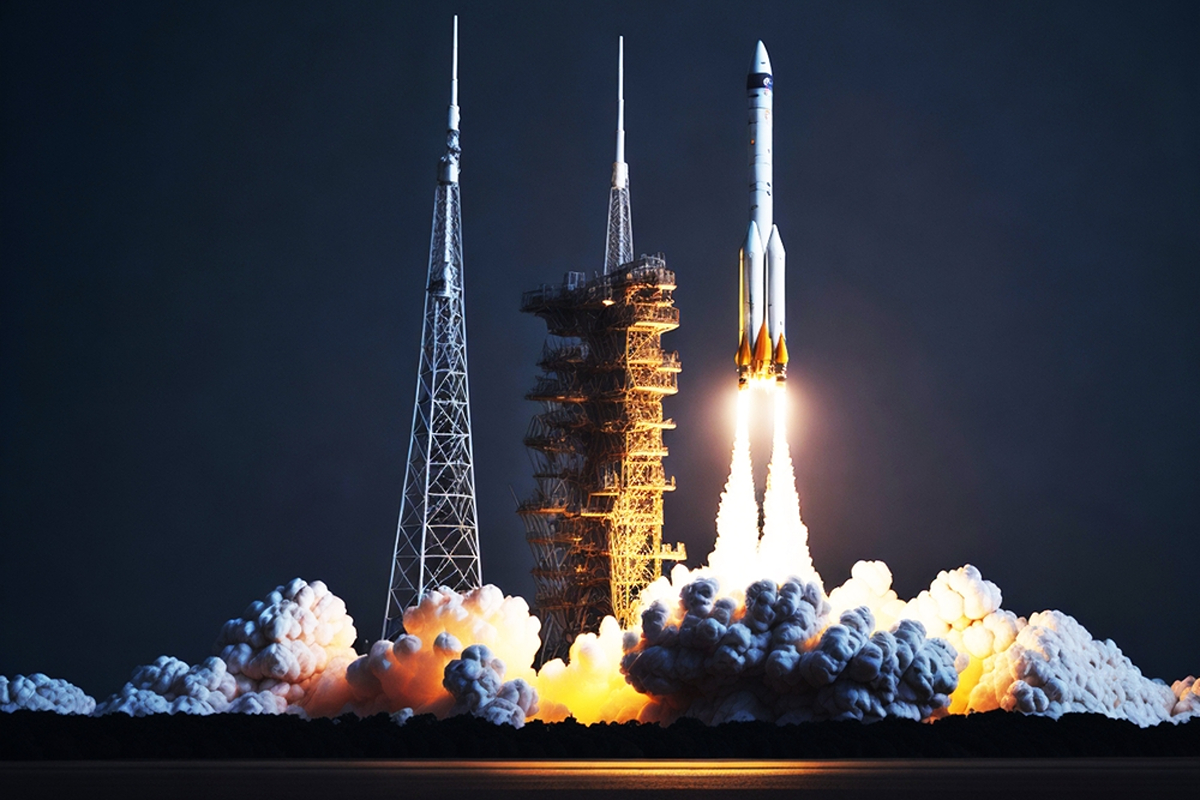Table of Contents
Elon Musk, CEO of SpaceX, has announced that the company plans to sue the Federal Aviation Administration (FAA), accusing the regulatory body of “regulatory overreach” in its handling of the company’s spaceflight activities. This legal challenge stems from ongoing tensions between SpaceX and the FAA over the agency’s regulatory process for approving spaceflights and launches, particularly those related to SpaceX’s Starship program.
Musk’s Accusation of Overreach
Elon Musk made the announcement via X (formerly Twitter), where he frequently shares SpaceX updates and personal commentary. According to Musk, the FAA’s involvement has hampered SpaceX’s progress, particularly in testing and launching Starship, a next-generation spacecraft designed for interplanetary travel. Musk claims that the FAA’s regulatory process is outdated and stifles innovation, citing long delays in approvals and an overly cautious approach as detrimental to rapid development.
“SpaceX is suing the FAA for regulatory overreach. Their outdated rules are holding back not just SpaceX, but humanity’s progress toward becoming a multi-planetary species,” Musk tweeted.
The crux of Musk’s frustration lies in what he describes as unnecessary bureaucratic red tape that slows down the pace of testing and launch approvals. Musk has repeatedly argued that rapid iterations and frequent testing are essential to advancing spaceflight technology, a process he feels the FAA’s regulations do not accommodate.
FAA and SpaceX Tensions
SpaceX and the FAA have had a contentious relationship for years. The FAA regulates commercial spaceflight in the U.S. and ensures that launches comply with safety standards to protect public safety, property, and the environment. While this is critical for responsible space exploration, SpaceX has been vocal about how these regulations have impeded its more aggressive testing schedules.
This latest dispute centers around the Starship launch system, which SpaceX is developing with the goal of sending humans to the Moon, Mars, and beyond. The FAA has reportedly delayed launches and conducted environmental assessments that Musk claims are excessive and out of proportion to the risks involved. SpaceX’s Starship launch from Boca Chica, Texas earlier this year was a focal point of FAA scrutiny due to environmental and safety concerns, adding fuel to the current dispute.
According to The Verge, the FAA’s hesitation stems from ensuring that new, larger, and more powerful rockets like Starship meet safety requirements that reduce risk to people, wildlife, and the environment near launch sites (The Verge).
Previous Disputes and Industry Impact
This isn’t the first time Musk has expressed frustration with the FAA. In 2021, the FAA delayed the launch of SpaceX’s SN9 Starship prototype, citing safety concerns. Musk was highly critical of the delay at the time, saying that the FAA’s rules were “fundamentally broken” for modern spaceflight programs.
In this context, SpaceX’s lawsuit could have broader implications for the commercial spaceflight industry, where regulatory standards and innovation often clash. Some industry experts believe that this legal battle could prompt a reconsideration of how space regulations are structured, particularly in balancing innovation with safety.
“SpaceX’s aggressive pace of development presents a challenge for regulators, who have to balance the risks of rapidly evolving technology with their mandate to ensure public safety,” said Lori Garver, former deputy administrator of NASA. (Reuters).
The Legal Case Ahead
While SpaceX’s exact legal strategy hasn’t been disclosed, the case will likely focus on challenging the FAA’s authority and specific regulations related to spaceflight. Musk has often called for reforms that allow companies like SpaceX to test, iterate, and launch with fewer regulatory hurdles, advocating for a system that’s more adaptive to rapid technological progress.
Legal experts anticipate a long and complex battle, as the FAA’s regulatory authority is firmly established under federal law. However, the lawsuit could pressure lawmakers and regulators to consider updates to the current framework governing commercial spaceflight, particularly as private companies push the boundaries of what’s possible in space exploration.
“This lawsuit could force a reevaluation of how space activities are regulated, but it will be an uphill battle for SpaceX to challenge the FAA’s long-standing authority,” said John Logsdon, a professor emeritus of space policy at George Washington University. (TechCrunch).
Potential Outcomes and Broader Implications
If successful, SpaceX’s lawsuit could lead to changes in how space launches are regulated in the U.S., potentially streamlining processes for SpaceX and other companies aiming to innovate rapidly. However, a more lenient regulatory approach could also raise concerns about safety and environmental impacts.
The lawsuit will also likely renew the broader debate around the role of government oversight in emerging industries like commercial spaceflight. While companies like SpaceX are pushing the boundaries of what’s possible, regulatory bodies like the FAA play a crucial role in ensuring that these advancements do not come at the cost of safety or environmental sustainability.
As this legal battle unfolds, its outcome could set a precedent for how future space missions, particularly those involving ambitious projects like SpaceX’s Starship, are regulated.
For ongoing updates on this lawsuit and other space industry developments, follow @cerebrixorg on social media.
Dr. Maya Jensen
Tech Visionary and Industry Storyteller
Read also
November 19, 2024
November 19, 2024
November 19, 2024

